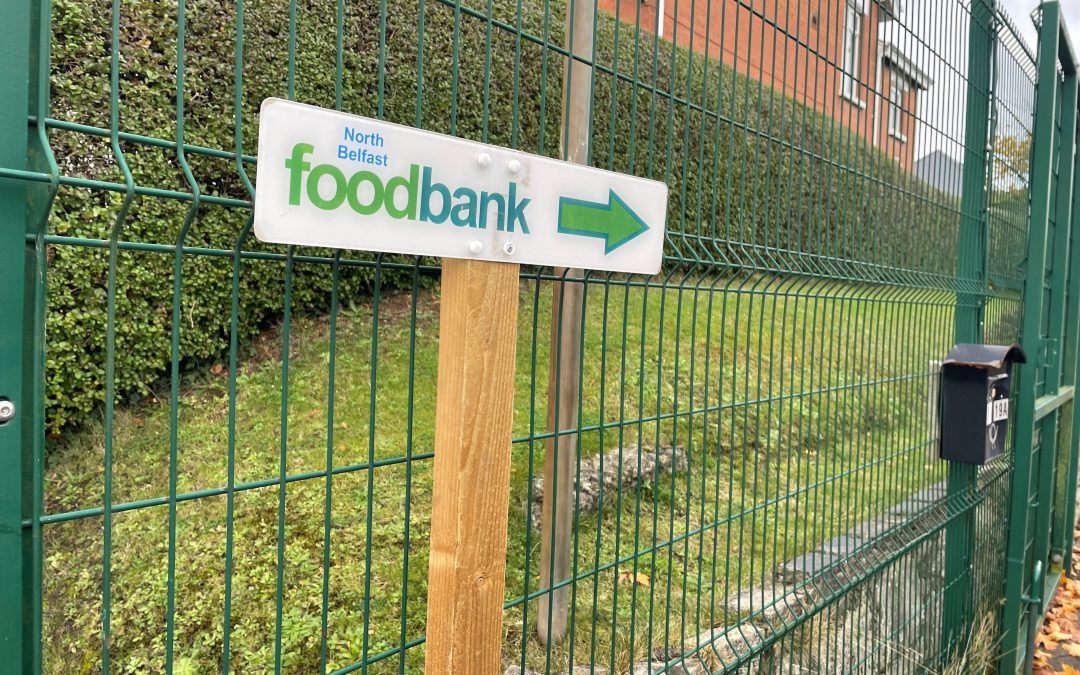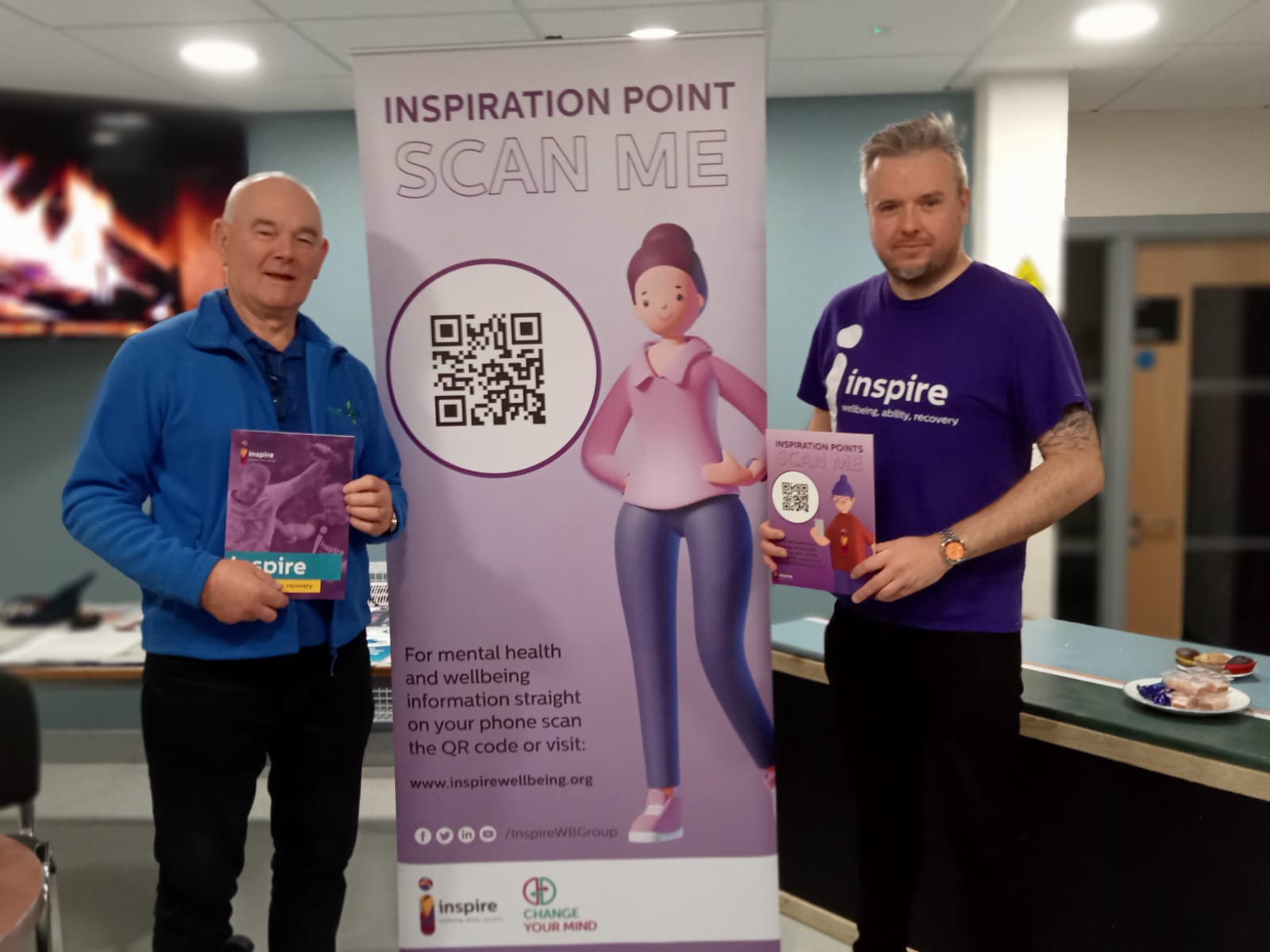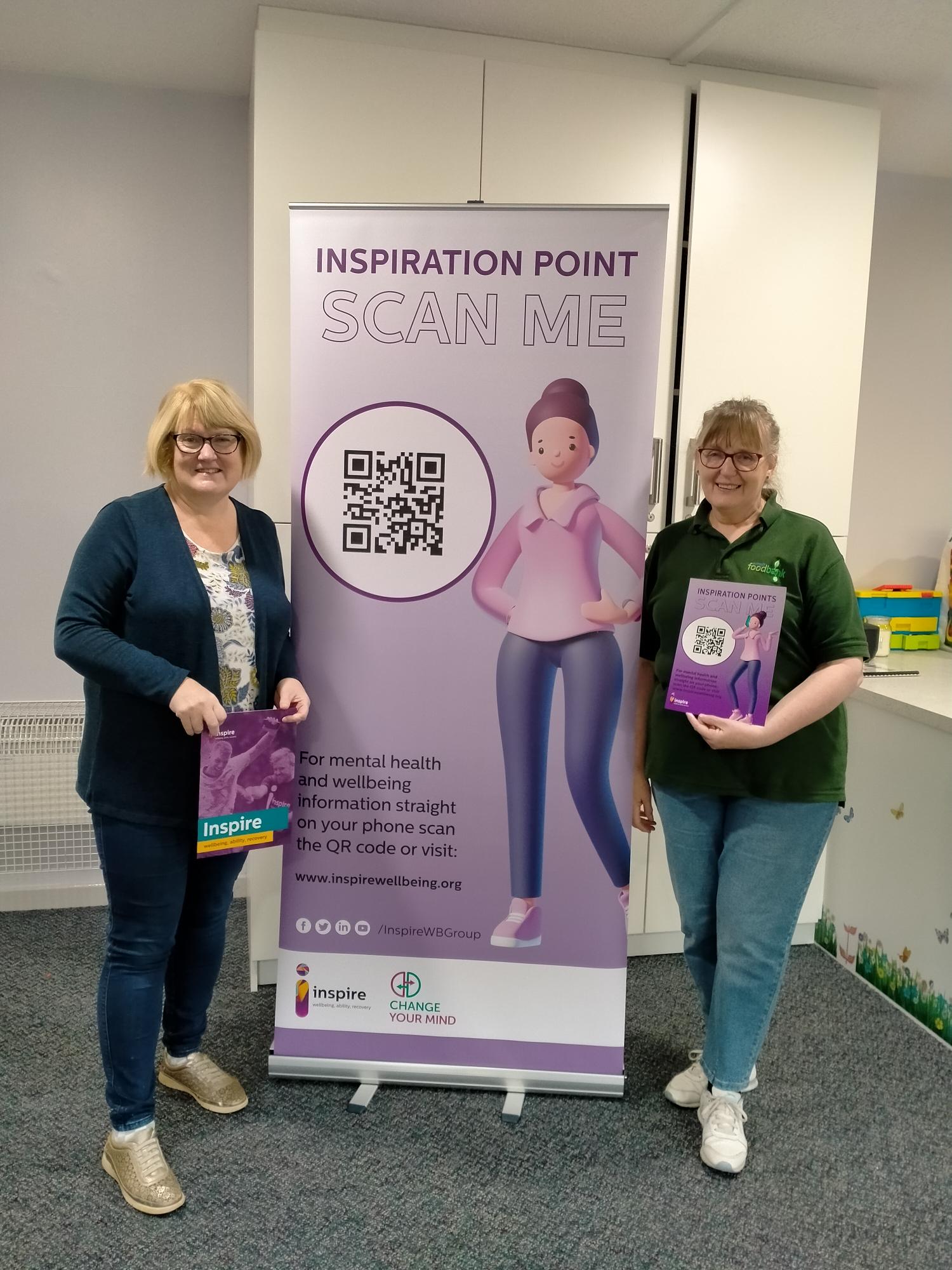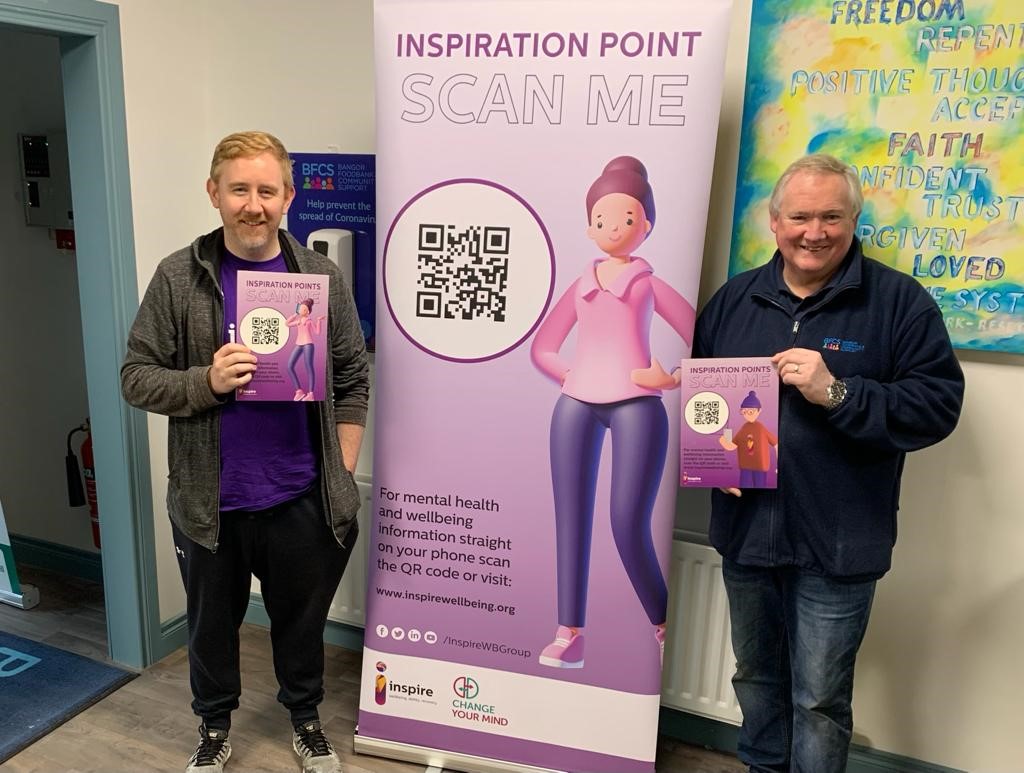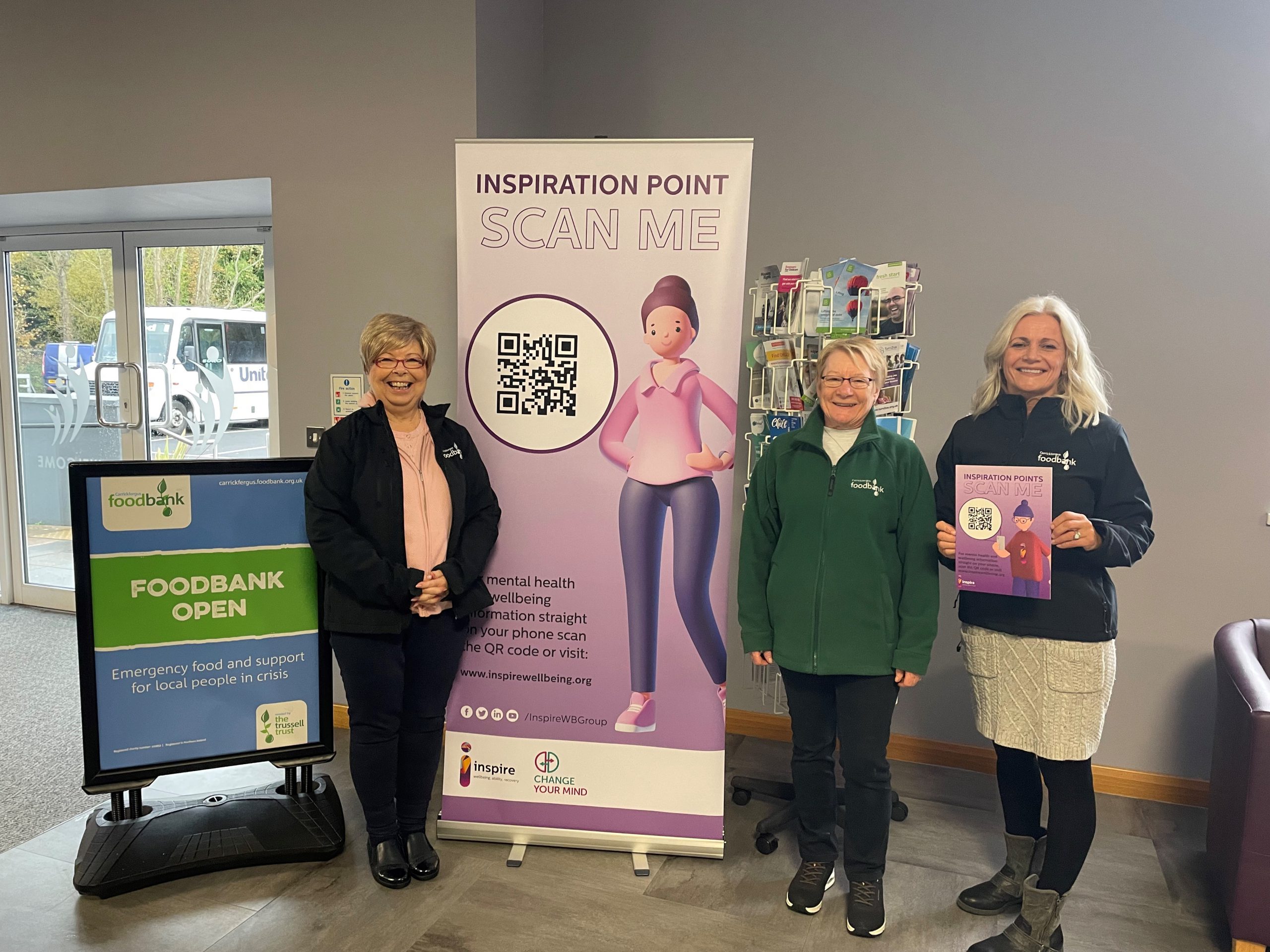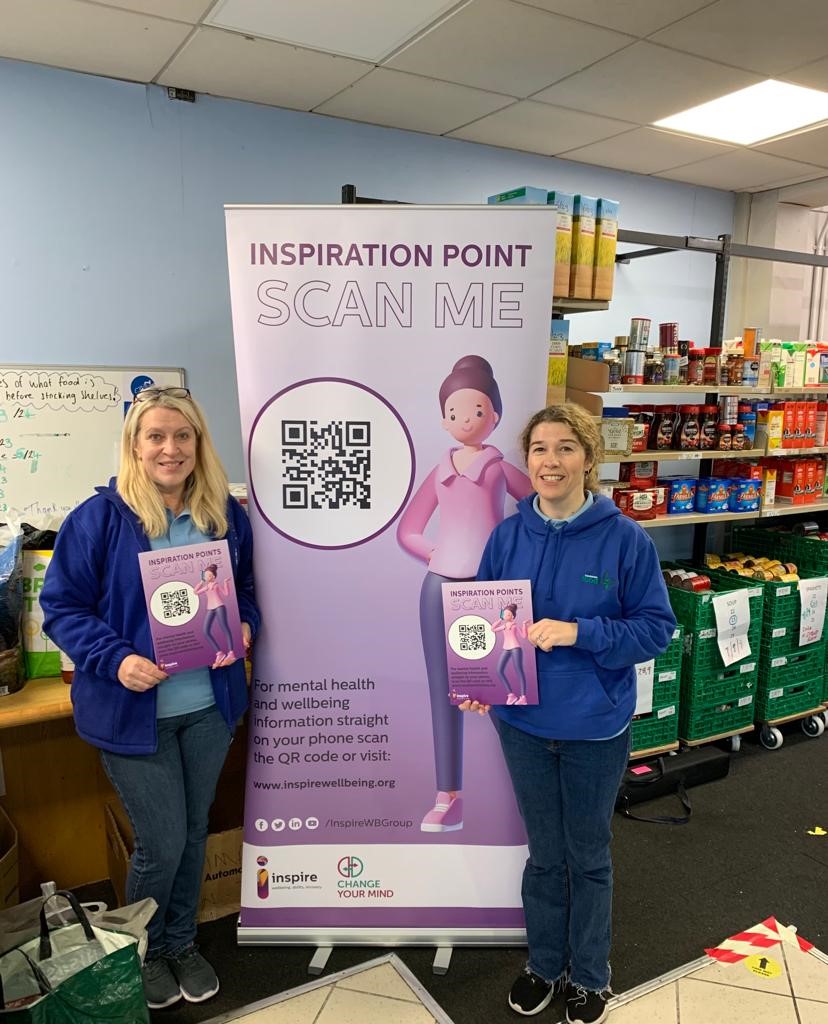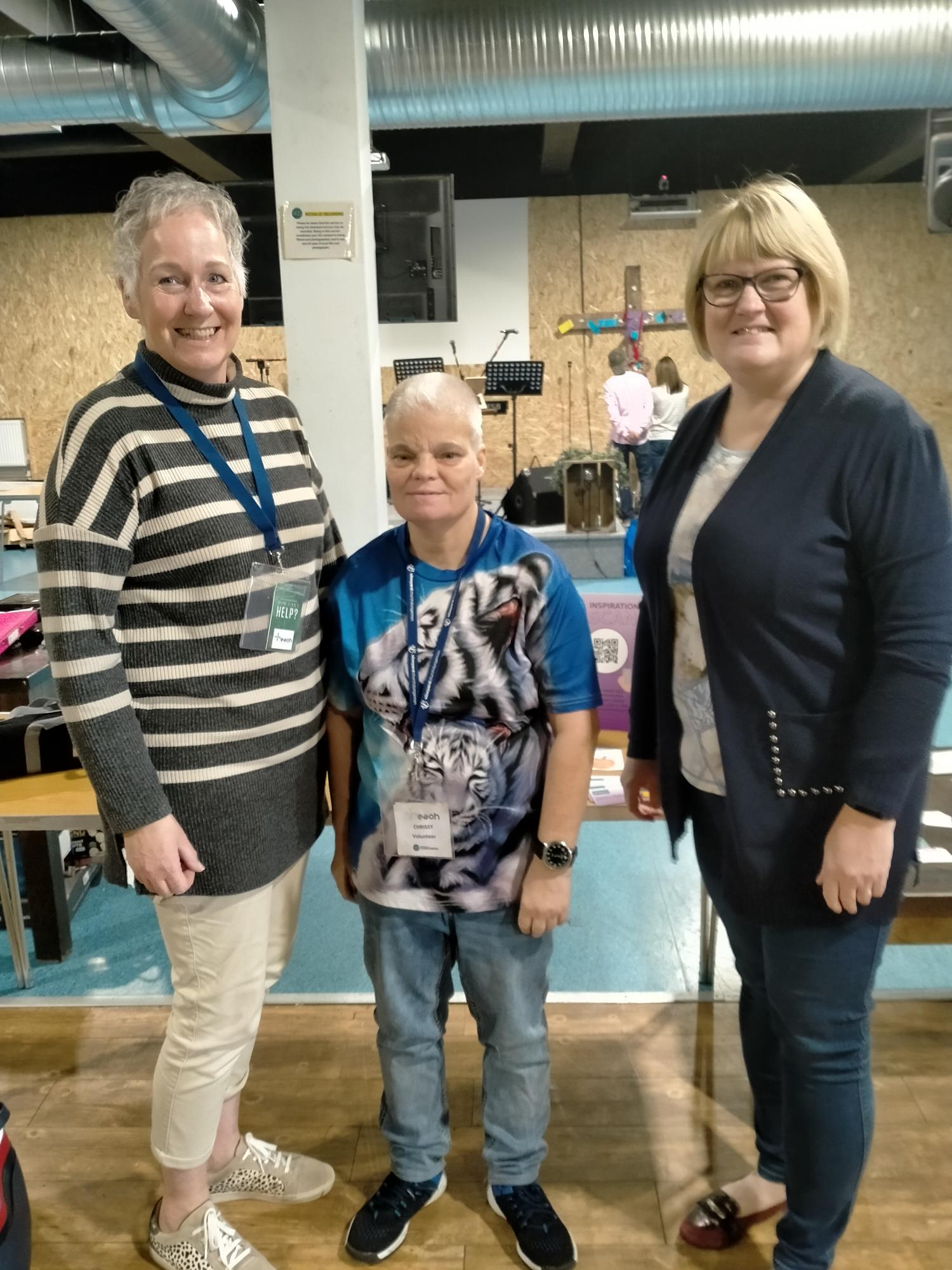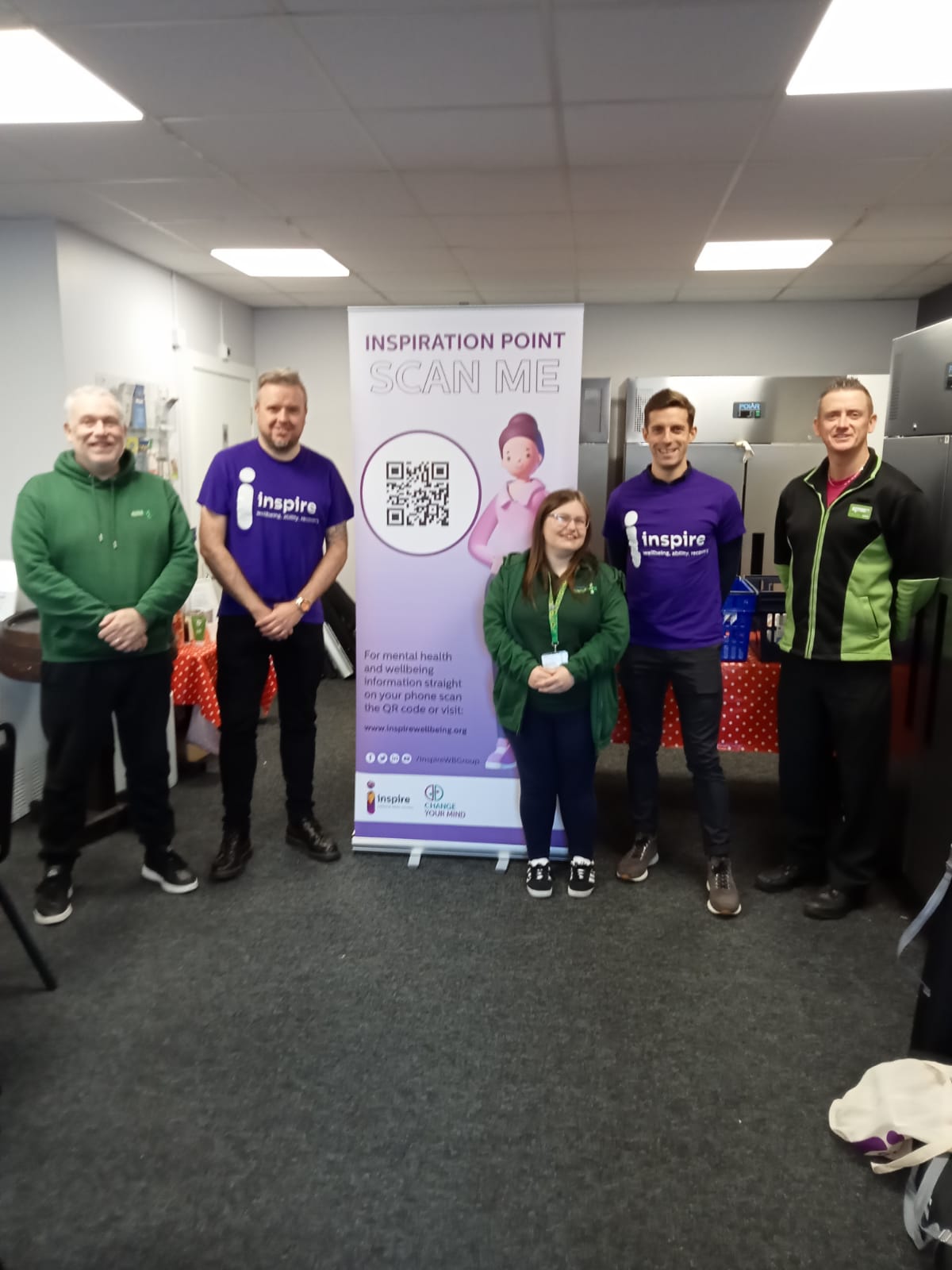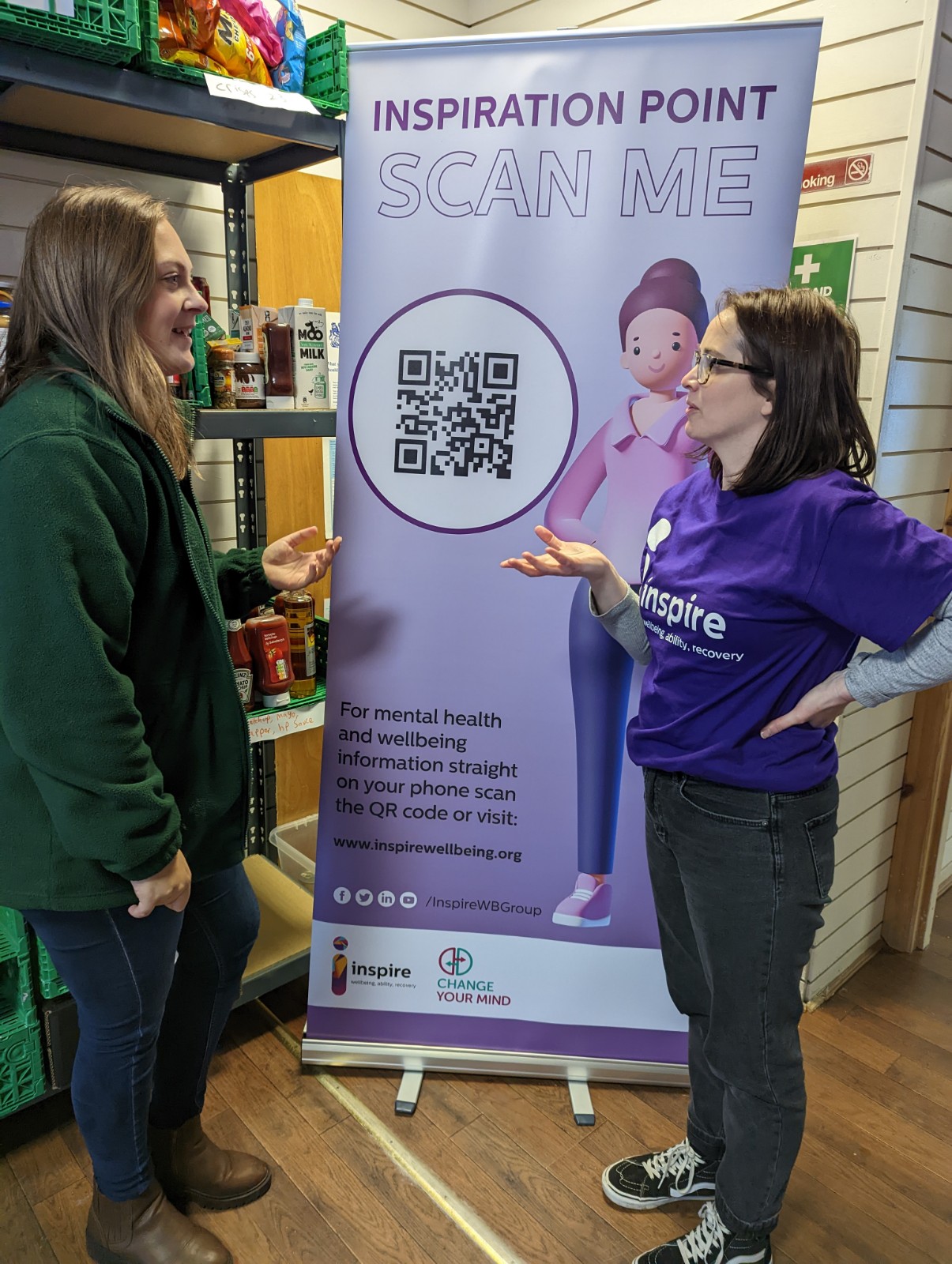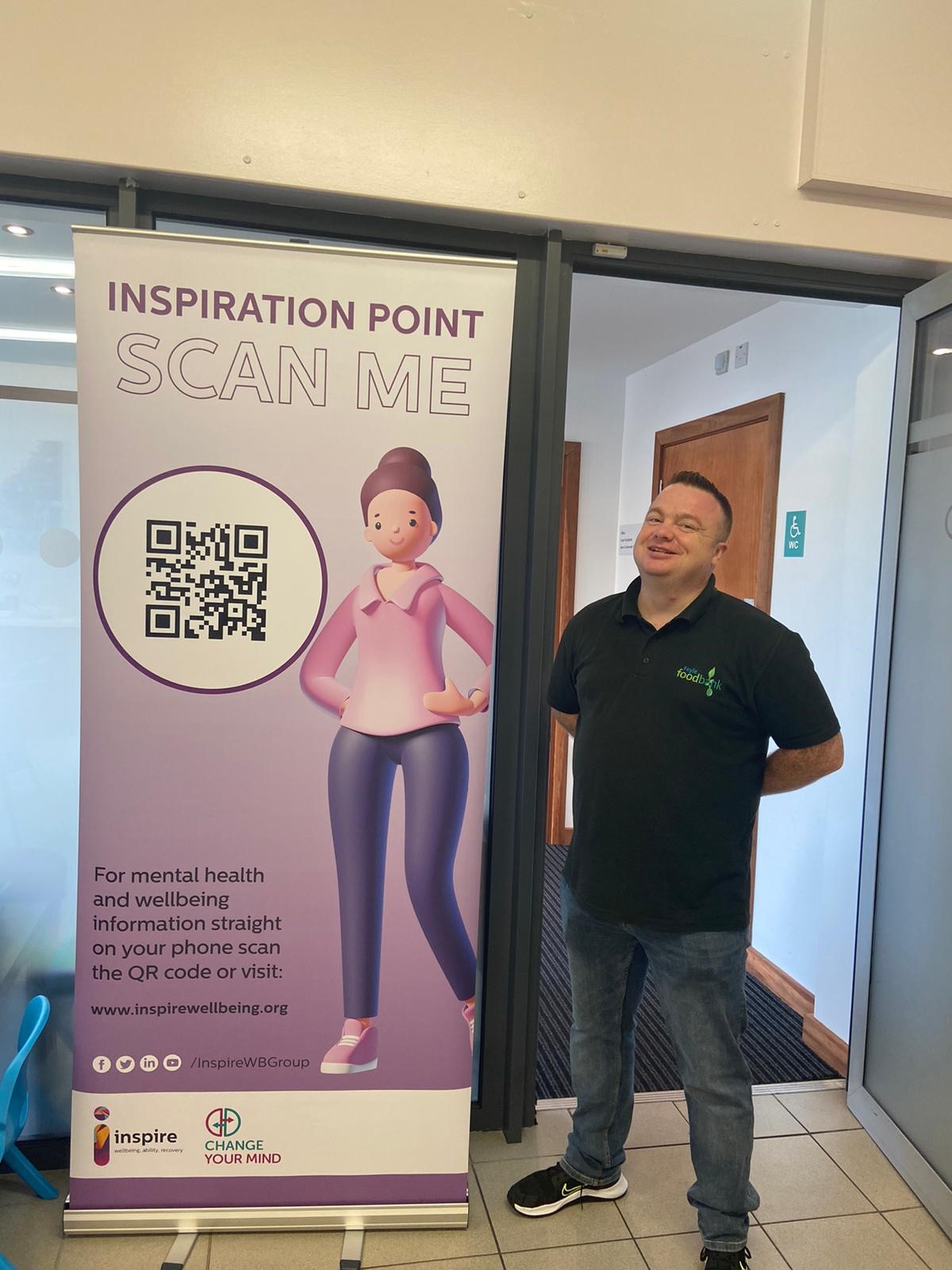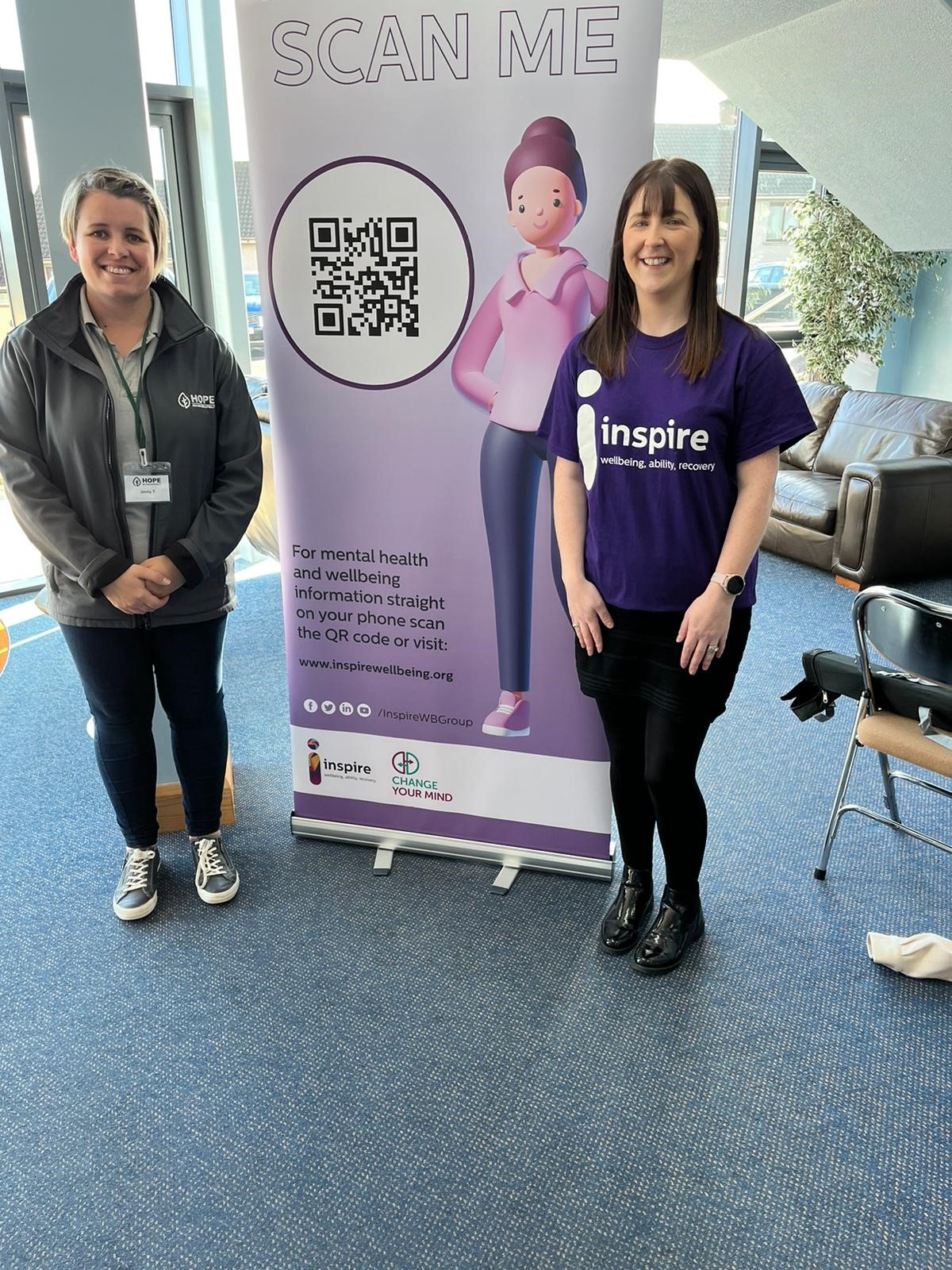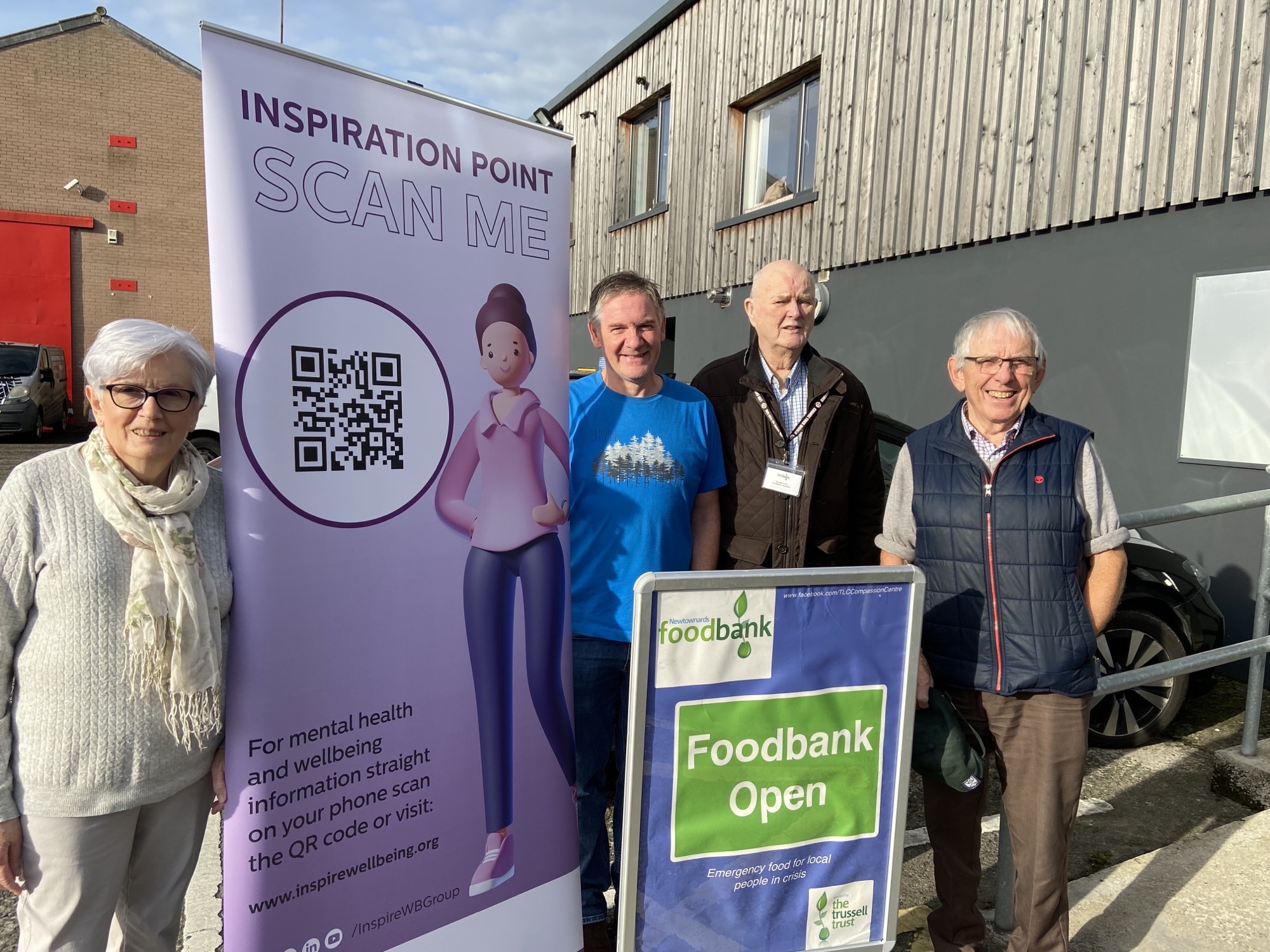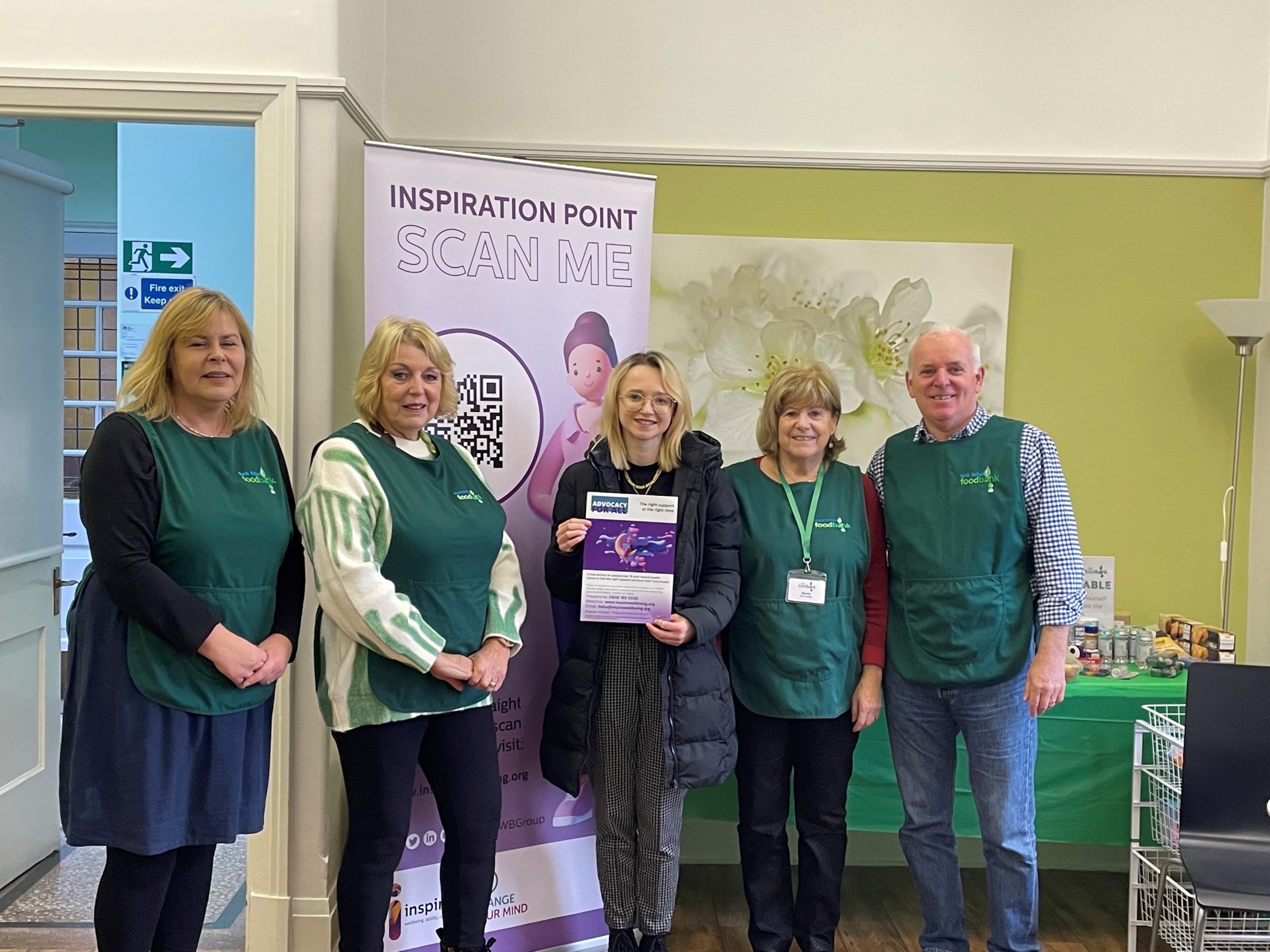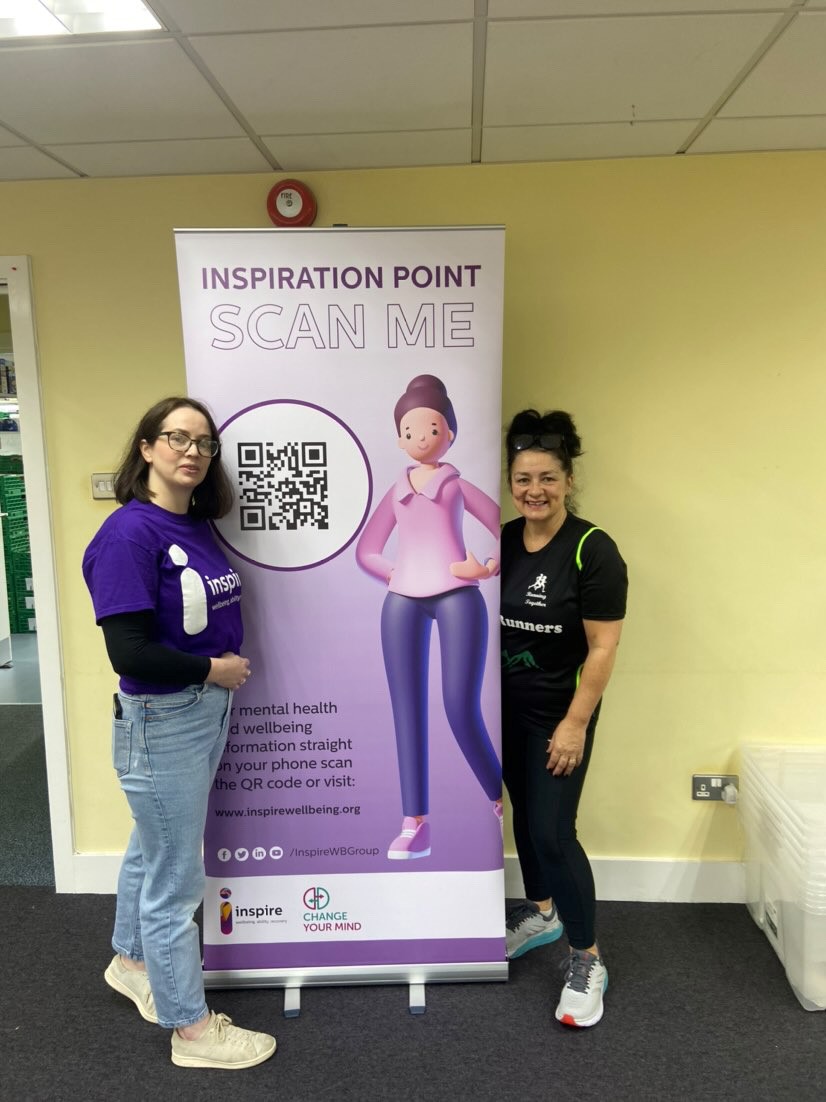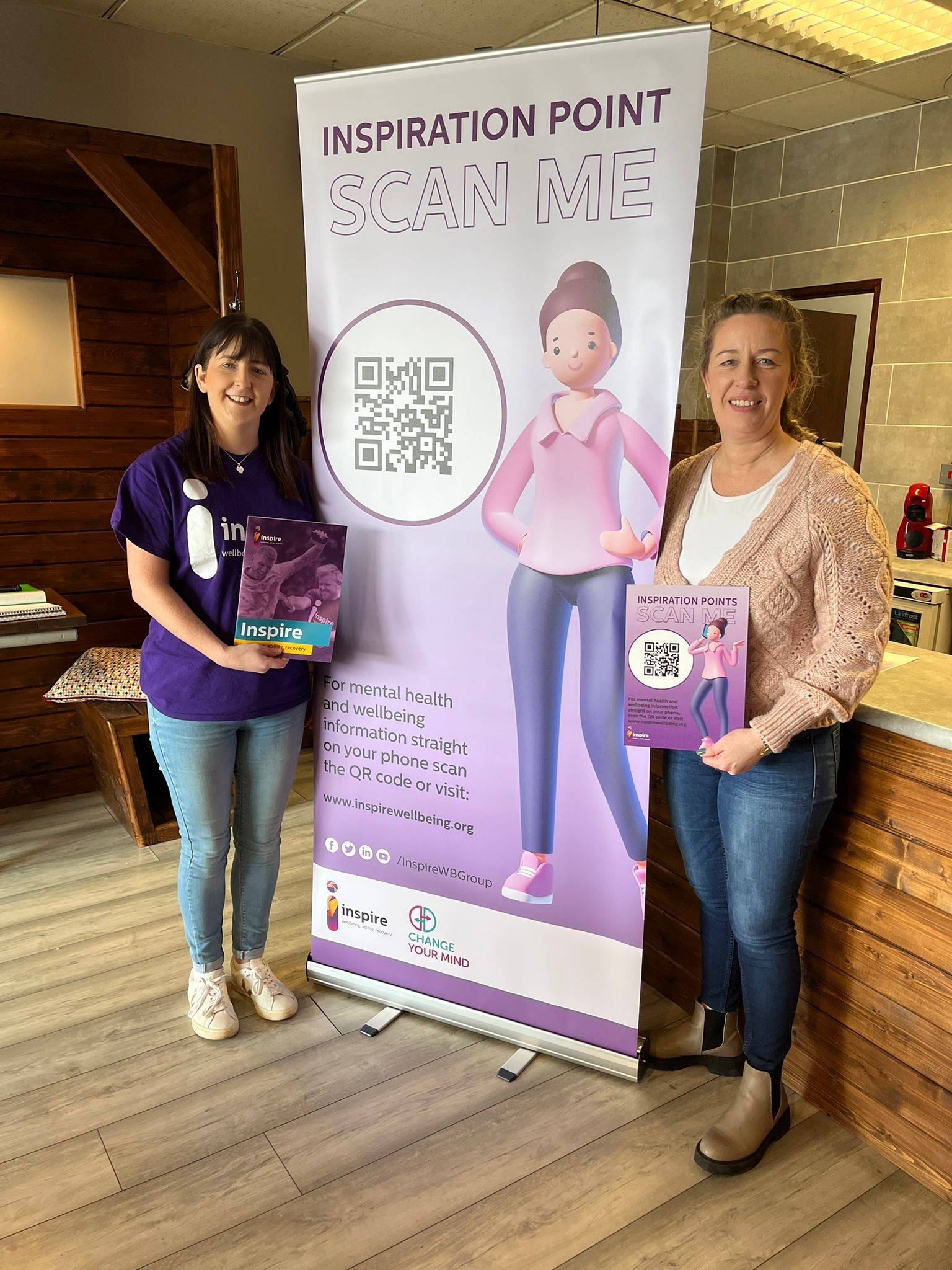Our campaign partnership with the Trussell Trust has seen us visit towns and villages across Northern Ireland. And whether we were in the Fermanagh lakelands, the foothills of the Mournes or on the banks of the Foyle, the message we heard was consistent and clear. People are struggling. They no longer face a choice between heating and eating; they can barely afford to do either.
Demand for food banks is up but stigma persists
We spent a lot of time chatting and listening this week. We heard so many stories from the amazing staff and volunteers based in the network of Trussell Trust food banks across Northern Ireland. What they told us, however, was hard to hear.
- Food bank usage is growing exponentially
- The profile of people using these services is changing, with dual-income families becoming a familiar sight
- One bank told us they’d easily hand out 100 packages in that afternoon’s 2 hour session, while another said they were helping double the number of households they’d usually expect at this time of year
- Although many food banks had full stocks this week thanks to harvest and many school collections, there is real concern that donations will start to dry up and, this week, the Trussell Trust launched its first ever emergency appeal for donations
People still feel shame and stigma when they need help and the sight of someone breaking down when met with warmth and sincerity, where they expected judgment and pity, is far from unusual. Our recent survey showed 9% of people are still reluctant to get help when they need it because of feelings of shame. One volunteer shared her hope that the universality of the cost-of-living crisis would, at least, make everyone in society more empathetic to the suffering of their neighbours.
Vital community support during rising cost of living
It’s perverse to celebrate food banks but it would be churlish not to acknowledge the amazing people who keep them going and the innovative work that’s taking place in the heart of our communities. We saw creches, social supermarkets, parent and toddler events, welcome rooms, advice clinics and community cafés operating side by side with the Trussell Trust. It’s abundantly clear that these networks will be vital in supporting people through such difficult times.
Supporting the mental health of people using, working and volunteering in food networks
We’re concerned, not just about the mental health of people using food banks but also that of the staff working and volunteering in them. Some of those we spoke with said they felt haunted by the stories they hear – that the stories of poverty and deprivation linger when they’re back at home. Others said they spend all day supporting individuals and families going through tough times only to go home and struggle with the same challenges themselves.
Many of the people working and volunteering in Trussell Trust foodbanks have been through their own trauma; whether that’s bereavement, physical and mental ill health or displacement, with several foodbanks commenting on their reliance on volunteers who have refugee status to help with translation and managing dietary and cultural requirements when sorting food packages.
We’re hopeful that our Advocacy for All service will go some way towards alleviating the worry and anxiety felt by the food banks’ service users. Our partners in the Trussell Trust were excited about the potential this service has to improve people’s lives
But more has to be done to release the pressure.
We need:
- A functioning Northern Ireland Executive, which must prioritise the cost-of-living crisis
- A three-year Budget, with a particular focus on alleviating poverty and strong support for public services
- Northern Ireland-specific actions in areas such as social welfare, skills, employment and support for small and medium enterprises
- Direct financial support for people facing overwhelming increases in the cost of necessities
- A fully funded Mental Health Strategy, to ensure that services can respond to demand
